Can corals ride the tide of climate change?
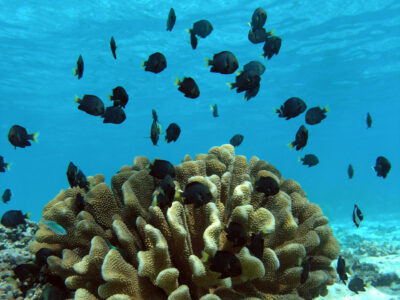
Researchers at Mo’orea LTER did not observe evidence that corals acclimatize to ocean acidification, but they did observe that some are more sensitive to it than others.

Researchers at Mo’orea LTER did not observe evidence that corals acclimatize to ocean acidification, but they did observe that some are more sensitive to it than others.
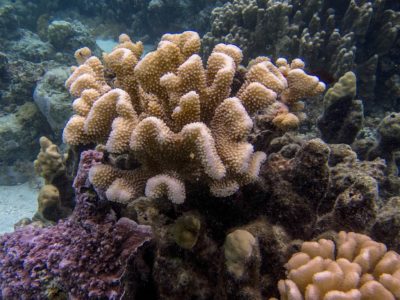
Coral reefs the world over have been hammered in recent years by everything from disease outbreaks and storm damage to severe heat stress and bleaching. The main culprits are warmer temperatures and more acidic water, thanks to the far-reaching impacts of excess CO2 from the burning of fossil fuels. Amidst this doom and gloom, however,… Read more »
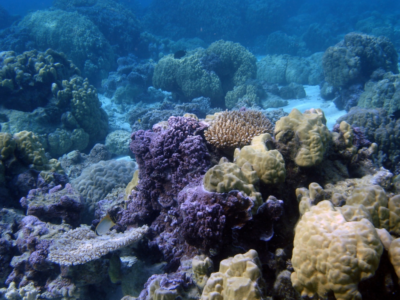
The National Science Foundation Long-Term Ecological Research (LTER) Network presents an overview of the rich and varied research taking place at its 28 sites. In 2018, the topic of this annual half-day symposium is ocean ecosystems and their connections to marine species and human well-being.
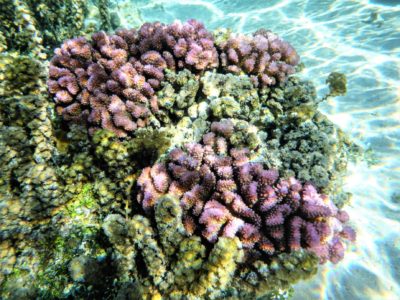
Although coral reefs have been the subject of ecological studies for nearly a century, the role that environmental conditions play in coral development is still a partial mystery. LTER researchers at Mo’orea Coral Reef have been exploring coral-environmental interactions in an effort to better understand coral growth. The team recently investigated how two key abiotic… Read more »
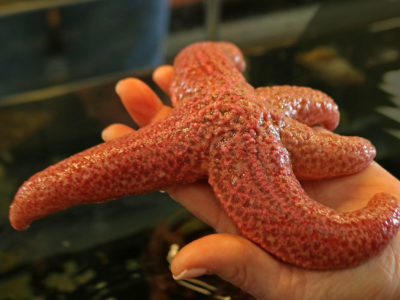
Tucked into an absolutely beautiful piece of the UC Santa Barbara campus, the Research Experience and Education Facility (REEF) sits at the edge of both the Pacific Ocean and the UCSB Lagoon. Inside, tanks full of marine creatures—including one with tropical species characteristic of a research site in French Polynesia—sit bubbling away while student interns… Read more »
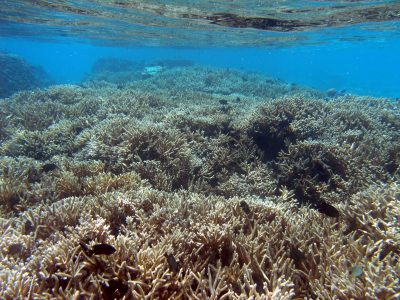
Individuals—even individuals of the same species—don’t always respond to a stimulus in the same way. Studying calcification in a key coral species, Acropora pulchra, researchers at the Moorea Coral Reef LTER found greater variety in the corals’ response to temperature than to high levels of CO2 in seawater. Since individual variation is the raw material of evolution, the contrast suggests it may be easier for this coral species to adapt to rising temperatures than to increased ocean acidification.
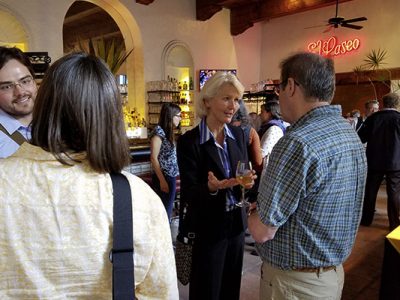
The LTER Science Council met May 16-19, 2016 in Santa Barbara, CA at NCEAS, the location ofthe LTER Network Communications Office. Sadly, the “field trip” to the Moorea Coral Reef Site had to be virtual, but attendees had the opportunity to get a taste of the site and research underway there through slide shows, imagery… Read more »
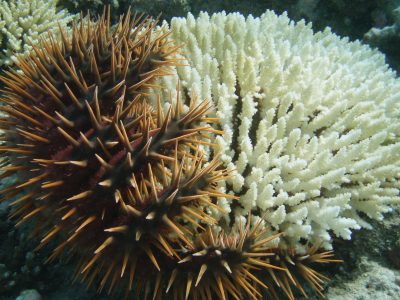
In 2010, when Cyclone Oli hit the reef, Han wondered which way the scale would tip: could the coral recover from both these impacts? Or would macroalgae move in and dominate?
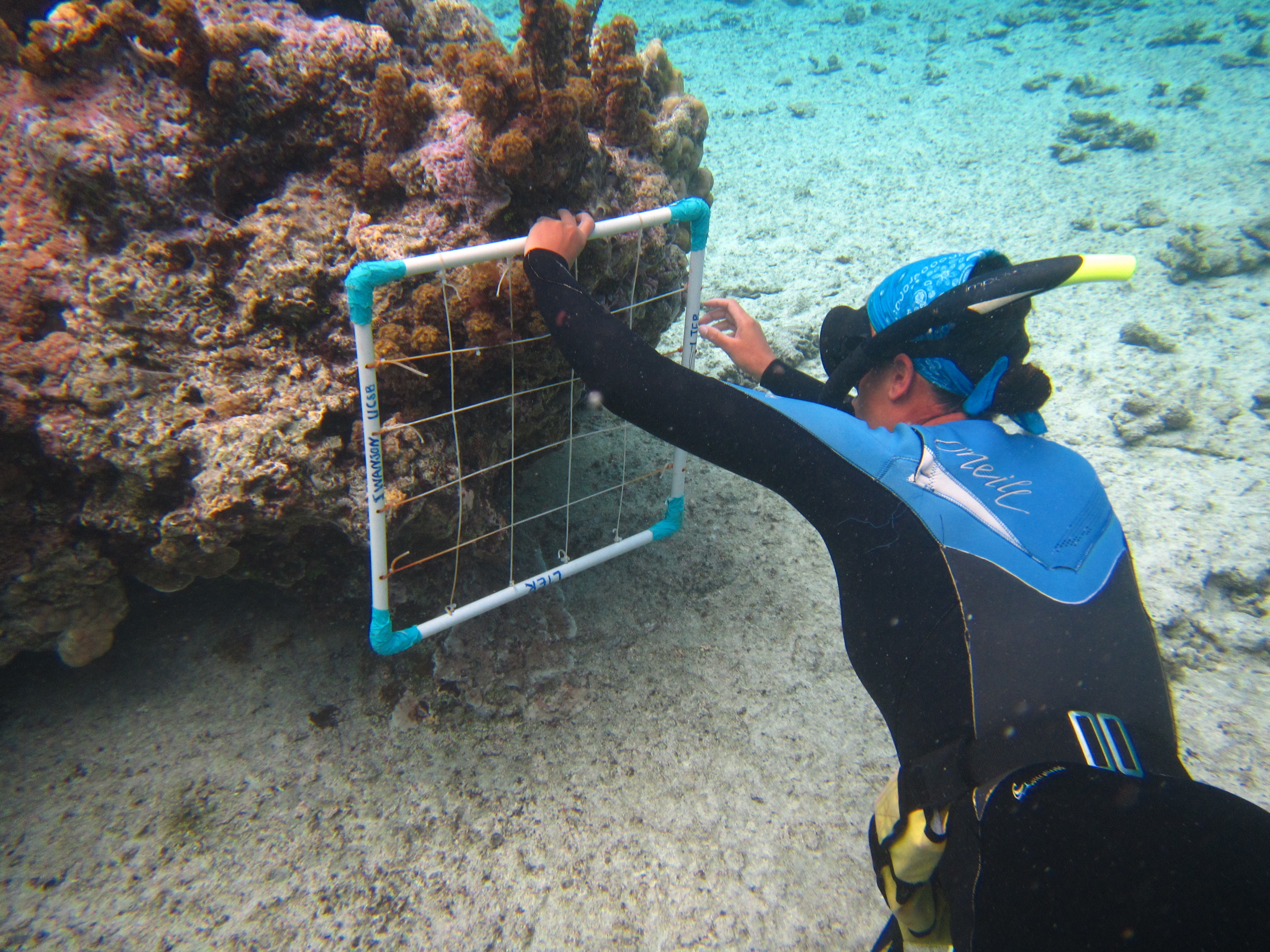
Survey coral under the waves with Stella Swanson at the Moorea Coral Reef LTER site for this edition of the SSALTER blog!